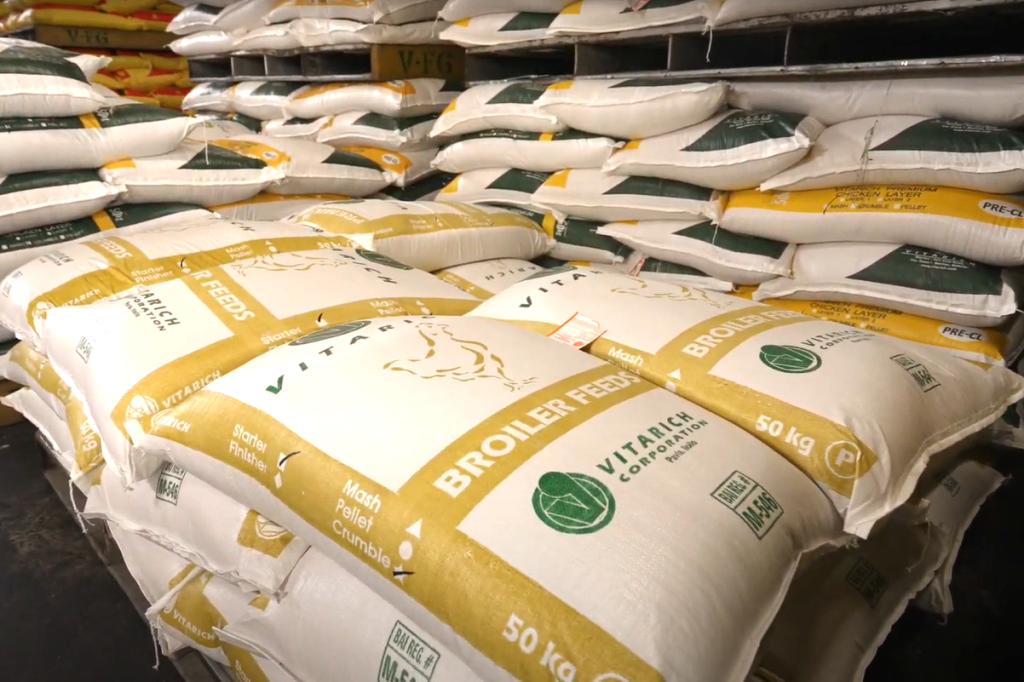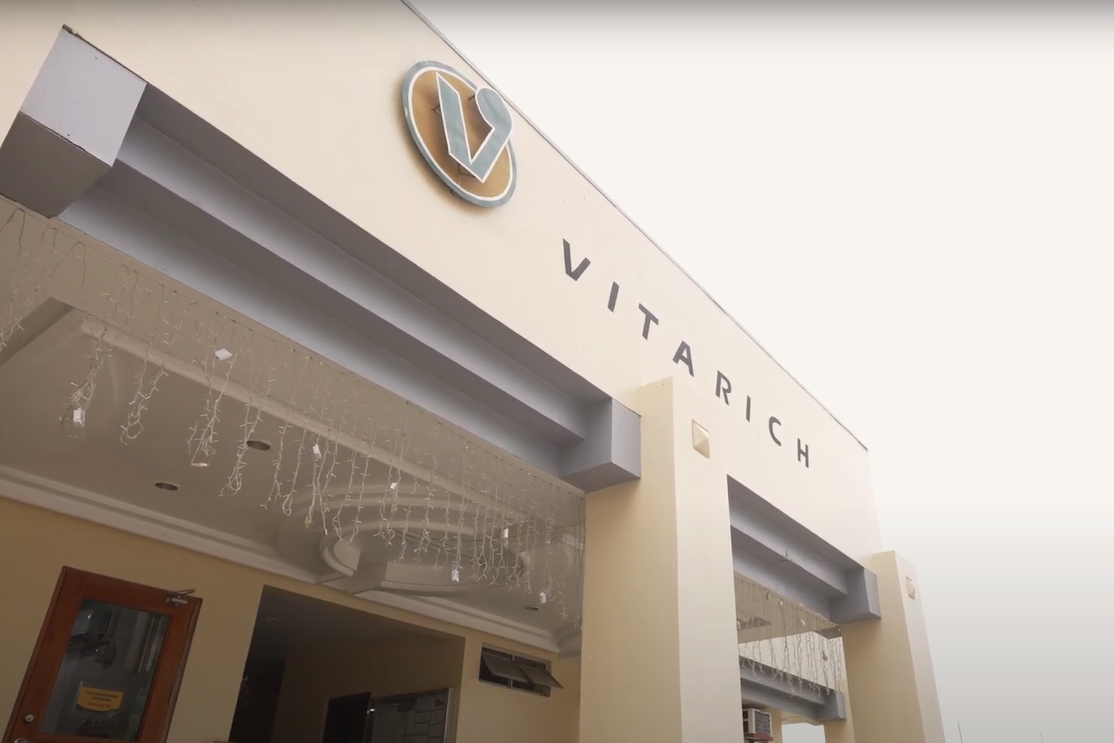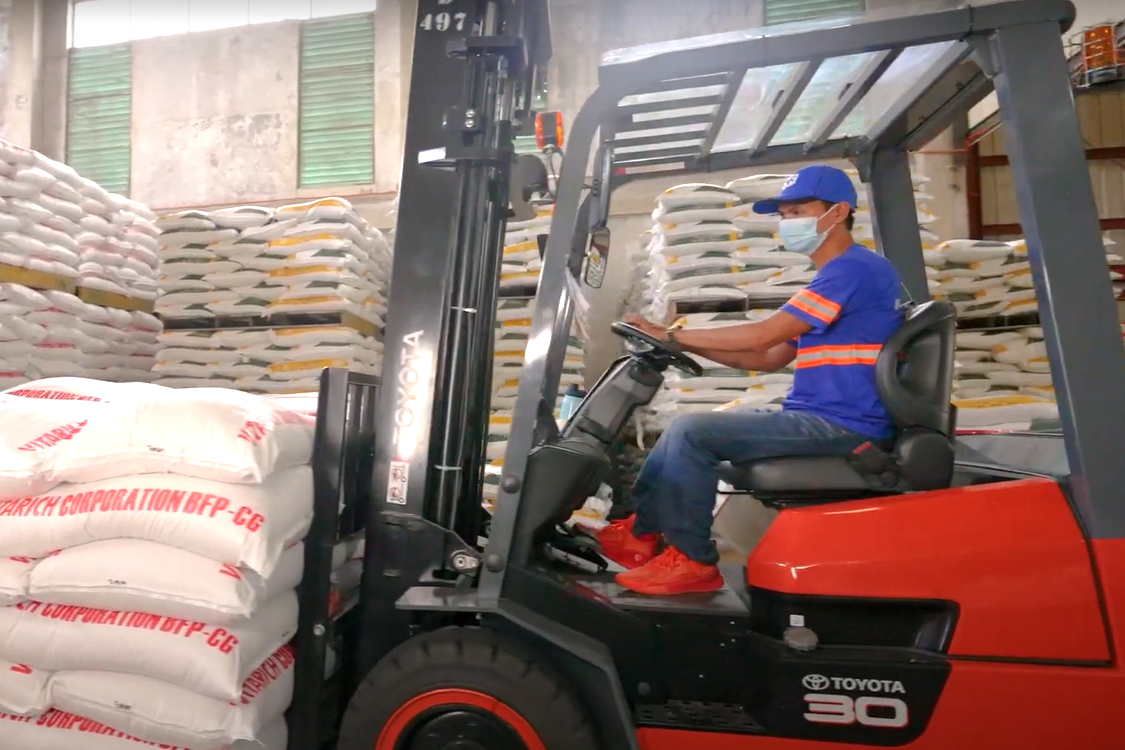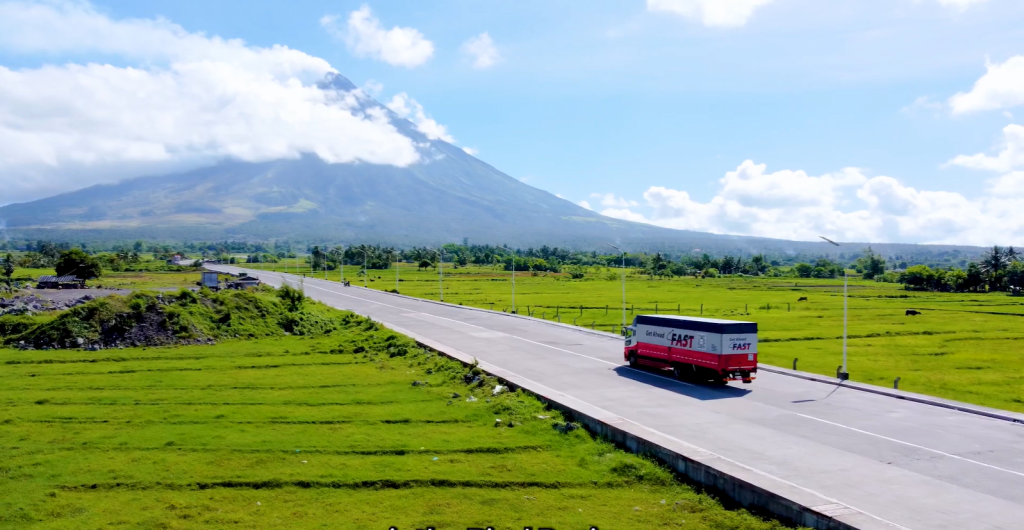
The livestock and poultry sector is an integral part of the Philippine economy. It not only provides livelihoods for millions of Filipinos but also increases the country’s agricultural output. The sector is continuously growing, accompanied by an increasing demand for livestock products both domestically and internationally.
Although the livestock and poultry industry has significant growth prospects, it faces various obstacles that prevent it from reaching its full potential. With the right strategies and approaches, stakeholders can leverage opportunities for its growth and expansion.
The government and private sector must work together to overcome challenges and seize opportunities within the livestock and poultry industry. Enhancing this sector is crucial for ensuring food security, generating jobs, and fostering inclusive growth and development.
FAST Logistics Group, the Philippines’ leading provider of end-to-end logistics solutions, delves into the challenges and opportunities in the livestock and poultry sector, aiming to provide innovative and efficient solutions to meet the industry’s evolving needs.
Overview of Livestock and Poultry Sector in the Philippines
Chicken and pork have been staples in many Filipino dishes, making livestock and poultry one of the essential industries in the country. Poultry meat consumption in the Philippines averaged 14.05 kilograms per person in 2021, while pork consumption was at 10.66 kilograms per person.
Because of demand, livestock and poultry farmers have been increasing the production volume of various meat types. The livestock and poultry industry accounted for about 30% of the total agricultural output of the Philippines in the first quarter of 2024, according to government data. The value of livestock production amounted to P59.46 billion during that period, while the poultry output was valued at P68.76 billion.
Moreover, the industry generates employment opportunities for farmers, retailers, and wholesalers of meat and dairy products. This sector underpins the livelihoods of millions, especially in rural communities, positioning it as a key driver of the country’s economic expansion.
Challenges in Livestock and Poultry Sector
Understanding the challenges in the livestock and poultry sector is crucial for addressing issues that directly impact food security and livelihoods. By identifying and addressing these challenges, stakeholders can develop sustainable strategies to ensure the sector’s resilience, productivity, and contribution to the national economy.
Disease Outbreaks
One of the most significant challenges facing the sector is the occurrence of diseases such as African Swine Fever (ASF), which have resulted in substantial economic losses. More than 300,000 pigs were culled at the height of the disease outbreak in 2019, causing a decrease in pork production and an increase in pork prices. Human and animal health, as well as the country’s production and income, is also threatened by other animal diseases such as Avian influenza, foot-and-mouth disease, among others.
This highlights the need for strong health systems to safeguard the livelihoods of the people who depend on the sector for sustenance and earnings. In addition, ensuring the immunity and health status of livestock and poultry against foodborne and zoonotic diseases guarantees a safe and affordable animal protein supply for human consumption.
Market Access Constraints
Small-scale livestock farmers face significant challenges in reaching markets beyond their immediate local areas, limiting their potential earnings. Moreover, limited infrastructure and access to logistics systems further aggravate this issue, hindering farms in the Philippines from connecting with distant buyers, as well as storing and transporting their products efficiently and cost-effectively.
Eliminating market access constraints is crucial for the growth of the sector and the prosperity of small-scale farmers. Improving access to markets can significantly boost their earnings and productivity, while ensuring a stable source of food supply for all.
High Input Costs
High input costs, including those for feeds and disease treatments, significantly affect poultry meat and egg production in the Philippines. Those who are struggling to invest in their farms due to limited access to credit lose their ability to improve productivity, thus impacting animal farming profits.
Emerging and existing diseases further exacerbate these challenges, highlighting the need for robust food chain control systems to ensure the safety and affordability of poultry products and meat in the Philippines.
Access to Quality Feeds and Resources
Access to quality feeds and resources is crucial for livestock and poultry farmers in the Philippines to support optimal poultry immunity from diseases and ensure efficient egg and meat production. Innovations in feed production, including the development of alternative proteins and efficient feeding strategies, are essential to address the fluctuating prices of feed ingredients and medicines against animal diseases.

FAST Logistics Group operates the country’s most extensive warehouse infrastructure, the largest fleet of trucks, and the broadest sales and distribution network to provide topnotch services to various companies and industries. With over 13,000 employees, FAST covers 94% of the nation’s provinces, ensuring unparalleled service and efficiency.
Climate Change
Climate change poses significant challenges to livestock and poultry production. It affects animal production by increasing heat stress, altering feed grain production, and heightening vulnerability to infectious animal diseases. Additionally, the environmental implications of livestock farming, including deforestation, methane emissions, and waste management, have far-reaching consequences.
In response, farmers should adopt sustainable practices for the long-term viability of the livestock and poultry sector. These include efficient resource management, waste reduction, and the use of renewable energy. Through these initiatives, the sector can minimize its environmental footprint and contribute to mitigating climate change.
Opportunities for Growth and Innovation
Despite the challenges, the livestock and poultry sector in the Philippines has immense potential for growth and innovation. Here are several opportunities that could be leveraged to enhance the sector’s competitiveness.
Increasing Demand
The demand for animal products like meat, milk, and eggs is on the rise, fueled by population growth and urbanization. This offers livestock farmers an opportunity to scale their operations and boost their earnings.
Through adequate support, such as investment in innovation and advanced technologies, farmers have the potential to enhance productivity and profit and adequately respond to the country’s growing need for animal protein.
Export Market
The Philippines, with its strategic location and growing economy, has the potential to become a major exporter of livestock and livestock products. The country’s geographic location provides it with access to key international markets.
As demand for animal products continues to rise globally, the Philippines stands to benefit from exporting its high-quality livestock and poultry products. Becoming a major exporter will not only create new income streams for Filipino farmers but also strengthen the country’s role in the global agricultural trade.
Technological Advancements
Technological advancements offer a beacon of hope for the Philippine livestock and poultry sector. These technologies can help optimize feed usage, strengthen infectious disease control, precisely diagnose bacterial infections, and increase animal production, leading to more efficient and profitable farming operations.
With continued investment in research and development, as well as the adoption of modern farming practices, the sector can unlock its full potential and ensure a stable supply of high-quality animal products for domestic consumption and export.
Diversification and Value Addition
Diversifying livestock products and engaging in value addition activities can open new revenue streams for farmers. Beyond conventional meat and dairy goods, there is a growing market for organic, free-range, and other specialty products. This presents an opportunity for farmers to cater to evolving consumer preferences.
By developing niche markets and branding their products accordingly, farmers can significantly increase profitability and resilience against market fluctuations. Furthermore, value-addition processes can help them tap into new markets and earn more.
Government and Private Sector Support
Increased support from both the government and the private sector is crucial to the development of the livestock industry. Policies promoting research and development, subsidies for sustainable practices, and investments in infrastructure can greatly assist farmers. Collaboration with academic institutions and private companies can also lead to innovations in breeding, nutrition, and disease management.

FAST Logistics Group has been providing logistics solutions to multinational corporations, Filipino conglomerates, small and medium enterprises, and sari-sari stores nationwide.
Harnessing the Potential
The Philippine livestock and poultry sector plays a vital role in providing affordable and nutritious animal protein for Filipinos. By addressing the challenges and capitalizing on opportunities, the country can unlock the full potential of the industry and improve the livelihoods of millions of Filipinos.
With the right strategies and support, the Philippines can sustainably produce high-quality poultry and livestock products for both domestic and global consumption. Through these initiatives, the livestock and poultry sector can achieve remarkable growth and contribute even more significantly to the country’s agricultural prosperity and food security.
Reliable Logistics Services for Livestock and Poultry Sector
Meeting the nutritional requirements of the livestock and poultry industry demands high-quality, accessible, and affordable feeds — a challenge that necessitates reliable warehouse and transportation services. For years, FAST Logistics Group, the leading end-to-end logistics provider in the Philippines, has played a key role in delivering the products of agri-integrator and feed manufacturer Vitarich Corporation.
With FAST’s vast delivery network and reliable transport services, Vitarich’s products are consistently available and delivered on time from Iloilo to various areas in the Visayas.
Their partnership began when Vitarich sought a dependable logistics partner to transport their agri-products from Iloilo to Bacolod and Iloilo to Cebu, and vice versa. FAST’s comprehensive solutions — spanning warehousing, inland trucking, sea freight, and cross-docking — greatly benefitted Vitarich. FAST also manages the transfer of raw materials from Manila to Iloilo and Tagbilaran to Iloilo, demonstrating the flexibility and robustness of this dynamic partnership. Watch this video below to learn more.
Supply Chain Solutions for Industry Growth
The critical role of timely delivery of animal feeds is undeniable. It is crucial to ensure that the livestock and poultry sector operates efficiently. Through the synergy between FAST and Vitarich, customers are assured of punctual deliveries of feeds, without any compromise on quality, to help boost the livestock and poultry sector in the Philippines.
By prioritizing efficient supply chain solutions and guaranteeing prompt delivery, companies and businesses can improve their operations and fulfill their customers’ needs and expectations. Vitarich’s experience underscores the critical role of investing in strategic partnerships and innovative logistics solutions to ensure the efficient delivery of products and meet customer demands.
With over 50 years of industry leadership, FAST Logistics Group is the leading end-to-end logistics company in the country that offers a comprehensive range of warehouse and transport solutions. To learn more about our services, contact our Solutions Expert or visit http://linktr.ee/fastlogisticsph
Categories
-

FAST Ahead
Includes case studies and testimonials of our partners as well as other featurettes from industry experts
-

FAST Hacks
We simplify logistics terms and provide practical tips and solutions for the DIY in you
-

FAST Highlights
Know more about our history, various brands, achievements, and news updates
-

FAST Moments
Get to know the people of FAST, our employee programs, as well as our various ways of giving back to the community
-

FAST Solutions
Learn more about the various logistics solutions that we cater to and offer our clients, as well as tech innovations, and service facilities



